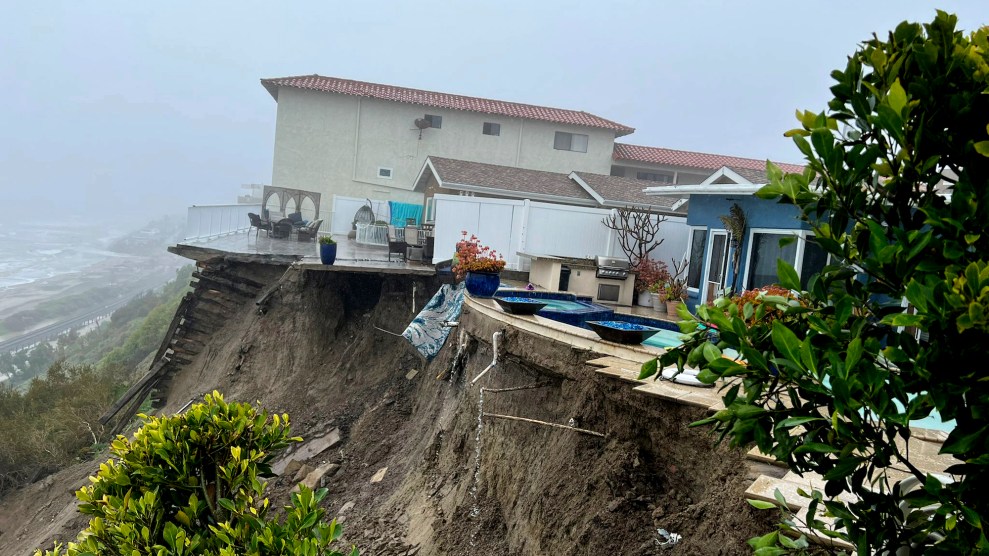
Hot, hot, hot: A tourist takes in the simmering Los Angeles skyline from the Griffith Observatory this week. More than a third of Americans were under extreme heat advisories, watches and warnings as a blistering heatwave continues across the Southwest and CaliforniaDamian Dovarganes/AP
The grim records keep tumbling: This June was the warmest month on record. This weekend, Death Valley, California, could tie or set the record for the hottest temperature reliably recorded on Earth. In Canada, record-breaking fires continue to burn.
“The extreme weather—an increasingly frequent occurrence in our warming climate—is having a major impact on human health, ecosystems, economies, agriculture, energy and water supplies,” warned World Meteorological Organization Secretary-General Petteri Taalas on Thursday.
July is typically the hottest month of the year, but the heat is particularly extreme this year because of the combination climate change and the return of El Niño, a natural weather pattern occurring once every two to seven years.
In Southern Europe, a smothering heat wave prompted authorities in Greece, Spain, Italy, and Croatia to impose measures to protect residents. Officials in Greece opened cooling centers and required at-risk workers to break during the afternoon, in addition to closing the Acropolis in Athens during the hottest hours of the day on Friday and Saturday, when temperatures reached around 100 degrees.
Northern Africa, too, is enduring an extreme heat wave, with Moroccco and Algeria particularly hard hit. Bloomberg notes that the heat has been underreported in part due to misconceptions about Africans’ ability to tolerate heat.
“Africa is seen as a sunny and hot continent,” said Amadou Thierno Gaye, a climate scientist at Cheikh Anta Diop University in Dakar, Senegal told Bloomberg. “People think we are used to heat, but we are having high temperatures for a longer duration. Nobody is used to this.”
By the end of the century, according to a recent Nature study, large swaths of Burkina Faso and Mali are expected to be virtually uninhabitable.
Meanwhile, in the United States, at least 93 million people live in areas under heat warnings and heat advisories as of Friday. The U.S. National Weather Service warned yesterday, “a searing heat wave is set to engulf much of the West Coast, the Great Basin, and the Southwest.”
















